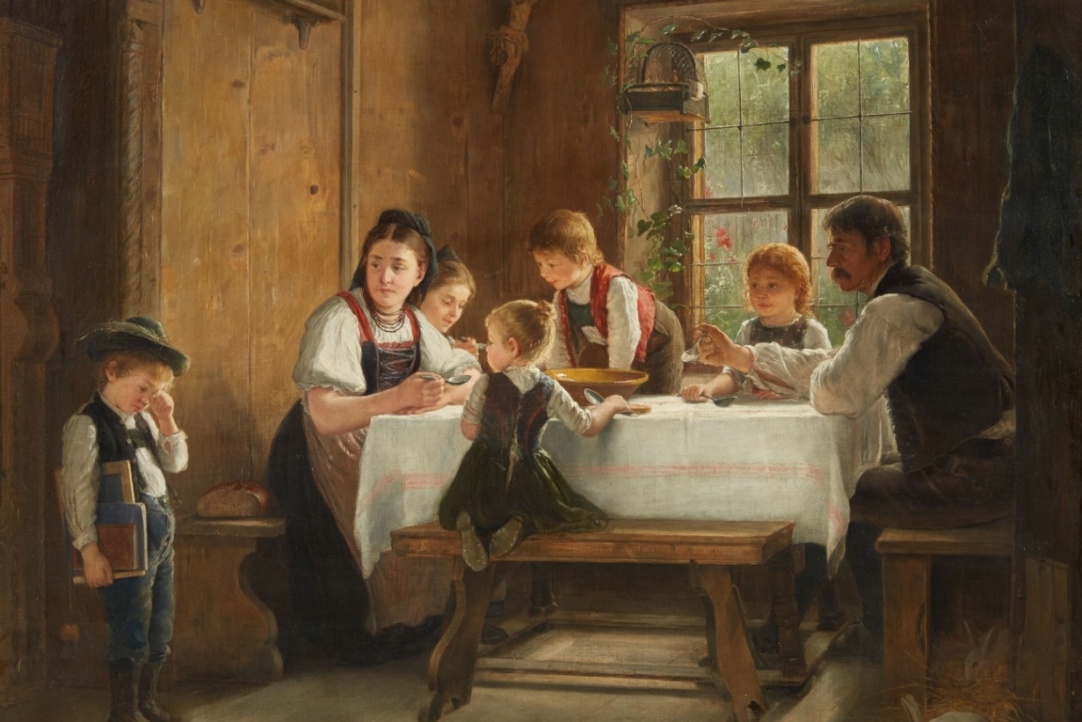
Beyond Normal: How Society Judges Large Families
Couples with three or more children often feel that others judge or refuse to understand them. Their decision to have many children seems to annoy their extended family, neighbours, colleagues, health professionals and government bureaucrats. Very often, other large families are the only one who offer them support. Based on findings from in-depth interviews, HSE researchers describe the effect that social interactions can have on fertility.
-%D0%BC%D0%B0%D0%BC%D0%B0%20%D1%81%20%D1%80%D0%B5%D0%B1%D0%B5%D0%BD%D0%BA%D0%BE%D0%BC%20%D0%B7%D0%B0%20%D1%81%D1%82%D0%BE%D0%BB%D0%BE%D0%BC.jpg)
How Children Affect Mother's Career
Mothers of three or more children are four times as likely to be unemployed compared to mothers of one or two children, according to Alina Pishnyak's study 'Employment opportunities and constraints for women in Moscow.'
63%
of Russian families with children are willing to support them until they receive a higher education without counting on them earning money.
2.5 years
is the average difference in age between men and women marrying for the first time in Russia.
20%
of Russians who were born in the 1980s grew up in single-parent families. In the previous generation, this figure was lower at 16%.
Russians Value the Traditional Family
Family is a more significant institution for Russians than it is for residents of a number of other European countries. Amid ongoing demographic modernization – the liberalization of marriage and the emancipation of women – ideas are still popular in Russia concerning the necessity of a stable union, procreation, and the mostly familial function of women, according to Marharyta Fabrykant, Junior Research Fellow with HSE’s Laboratory for Comparative Studies in Mass Consciousness.
48%
of parents of high school students planning to enter a university don’t give thought to the fact that their children may end up studying in a different region. Five years ago, the number of such parents was higher at 60%.
35%
of parents say that their children study in vocational schools, colleges or training schools because they need to ‘get on their feet’ as soon as possible and begin earning income for the family.

